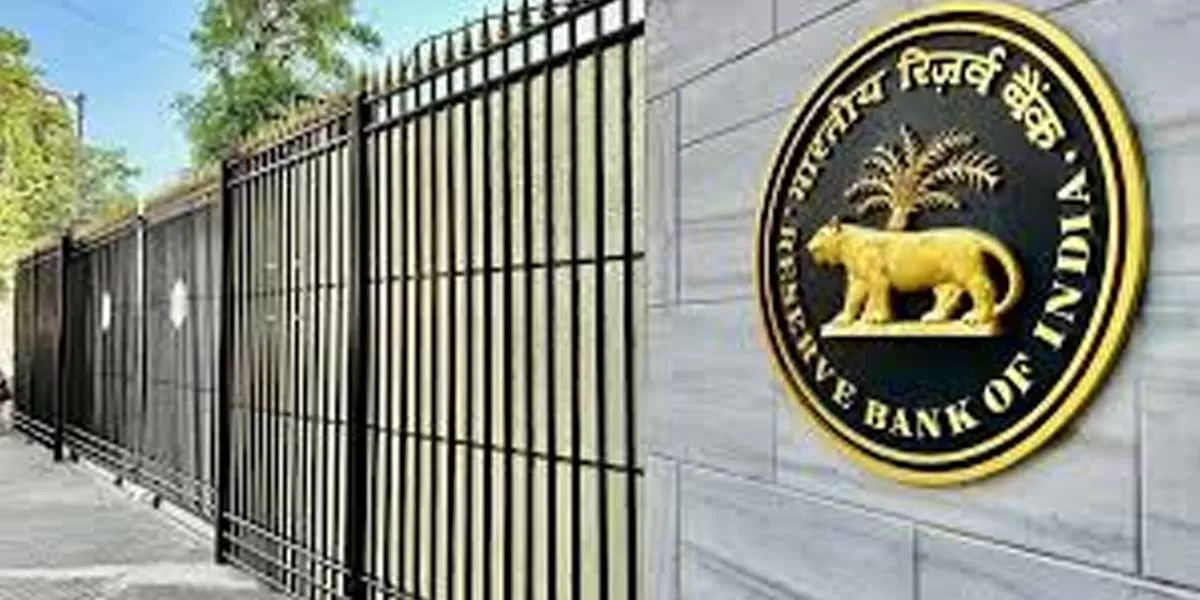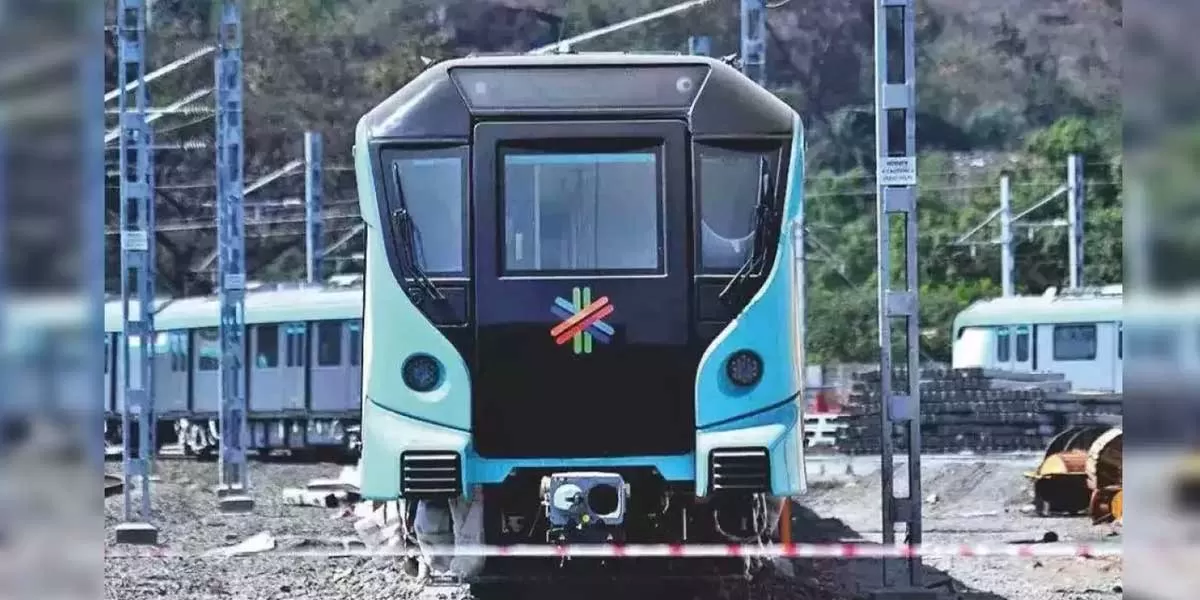
Realty developers to tap big data to handle demand, input costs
Redefine the future of urban mobility! Join us at the Metro Rail Conference 2025 to explore groundbreaking ideas and insights. 👉 Register today!

Telangana Unveils Bold Vision for Economic and Sustainable Growth
Telangana is charting an ambitious course toward becoming a leader in India's economic landscape with transformative initiatives in infrastructure, sustainability, and connectivity. Speaking at the CII National Council meeting in Hyderabad, the state leadership announced its vision to position Hyderabad as a global service sector hub and a “Future City,” rivalling the likes of New York, London, and Tokyo. Plans include making the city net-zero, pollution-free, and equipped with 3,200 electric buses for public transport. Telangana also leads India in electric vehicle (EV) adoption, having w..

India’s Commercial Real Estate Booms Amid Surging Office Space Demand
India's commercial real estate sector witnessed unprecedented growth in 2024, fuelled by soaring demand for office spaces from global companies, according to reports from top property consultancies. Net office absorption reached approximately 50 million square feet last year, marking the highest level in five years, as per data from Cushman & Wakefield and JLL Research. Overall office leasing activity hit a record 79 million square feet across India's top nine cities, with Bengaluru leading the charge, accounting for 28% of total absorption. Rahul Arora of JLL noted that India's office market ..

Mumbai Metro Lines 7 and 2A Achieve Full Operational Authorisation
Mumbai's metro network reached a significant milestone as the Chief Commissioner of Rail Safety (CCRS), New Delhi, granted safety certification for the regular operation of Metro Line 7 (Red Line) and Metro Line 2A (Yellow Line). This approval ensures compliance with all conditions from the provisional authorisation, enabling unrestricted operations at a full capacity speed of 80 kmph, up from temporary limits of 50-60 kmph. Operated by the Mumbai Metropolitan Region Development Authority (MMRDA), Metro Line 2A spans 18.6 km from Dahisar to DN Nagar with 17 stations, while Metro Line 7 covers ..















